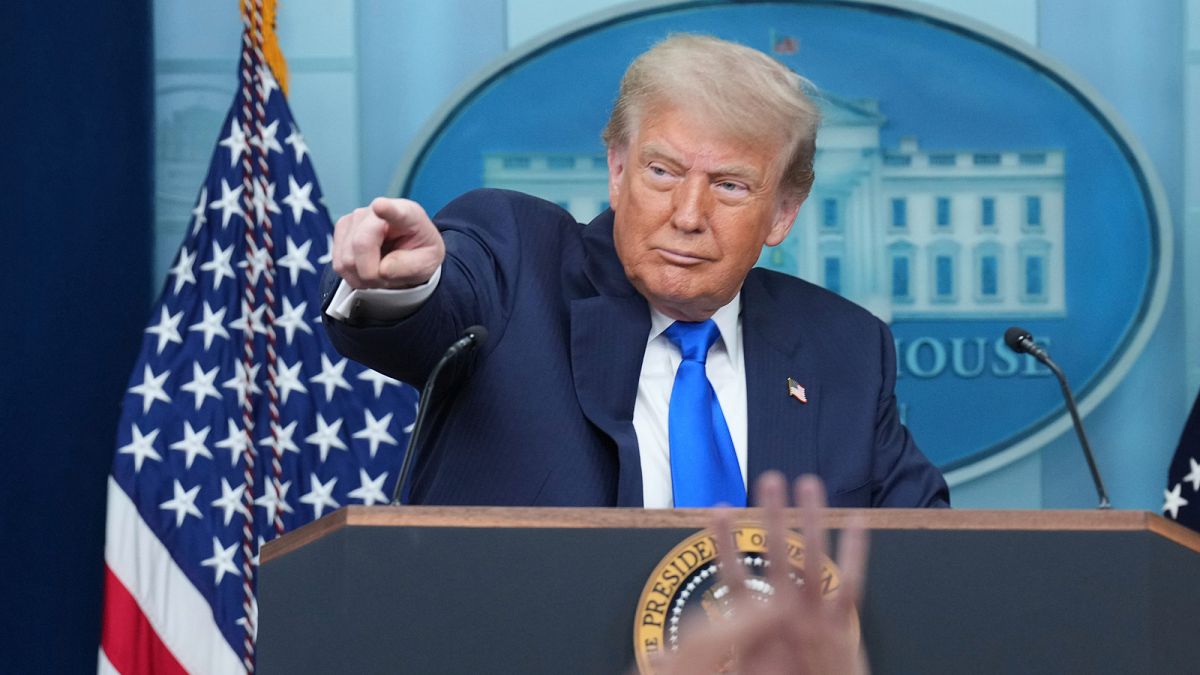

In today’s interconnected world, global events can subtly shape the intricate tapestry of international relations and economic cooperation. As we delve into the latest developments, our journey begins in North America with significant trade negotiations, flows through the busy corridors of European travel, and culminates in groundbreaking agreements between the world’s largest economies.
On the North American front, former President Donald Trump has announced the cessation of trade talks with Canada, a decision fueled by ongoing disputes over a fiscal policy affecting digital services. This policy, an instituted tax, levies a 3% charge on revenue generated from Canadian users by both local and international tech companies, such as Amazon, Google, and Uber. The resolution stresses the complexities of modern technology’s global presence and the jurisdictional challenges that arise in seeking equitable taxation across borders. While this decision marks a pause in negotiations, it offers a moment for both nations to reflect on evolving digital economies and the broader implications of taxation in a globalized landscape.
Meanwhile, across the Atlantic, travel itineraries face potential adjustments as French air traffic controllers signal impending strikes. Announced as the holiday season takes flight, these strikes could lead to significant disruptions, including delays and cancellations, within and beyond France. Such industrial actions highlight the delicate balance between labor rights and the demands of a bustling summer travel season, urging travelers and industry professionals alike to navigate this situation with patience and understanding.
In a parallel thread of international discourse, a promising development has emerged from US-China relations. The two economic powerhouses have sealed an agreement aimed at expediting the shipment of rare-earth materials to the United States. This accord marks a step towards mitigating longstanding trade tensions and reflects broader efforts to ease the competitive fringes of the global market. As the US stock market responds positively to this news, it underscores the potential economic benefits that can be reaped when major nations find common ground.
This deal is more than just a technical arrangement; it mirrors a possible thawing of trade hostilities, sending ripples of optimism throughout the financial world. It also provides a reminder of the strategic significance of materials that fuel the tech-driven economies of today and tomorrow, emphasizing the importance of ongoing dialogue and cooperation.
As we observe these unfolding narratives—of taxes, labor strikes, and trade agreements—it becomes clear that each event, while distinct, participates in a larger dance of geopolitics and economics. Together, they paint a nuanced picture of a world where mindfulness and mutual respect can guide the path forward in addressing both shared challenges and opportunities.
Ultimately, these developments invite contemplation of how cooperative efforts and thoughtful negotiation can foster resilience and emergent understanding in our globally connected society. As nations continue to navigate their respective journeys, there remains a hopeful prospect that harmony might be the ultimate destination.
Source: {link}
